Life
Sign up for our newsletter
We summarize the week's scientific breakthroughs every Thursday.
-
 Science & Society
Science & SocietyParents may one day be morally obligated to edit their baby’s genes
The CRISPR debate is moving from “should we or shouldn’t we?” to “do we have to?”
-
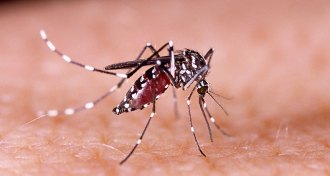 Animals
AnimalsRough lessons can lessen the pull of human scent on a mosquito
A form of aversion therapy for mosquitoes shows they can connect human scent to a bad experience.
By Susan Milius -
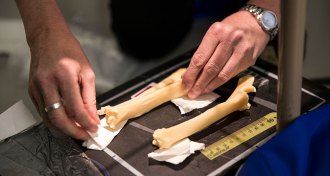 Genetics
GeneticsBones show Dolly’s arthritis was normal for a sheep her age
Cloning didn’t cause the famous sheep to age prematurely.
-
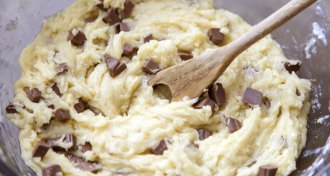 Health & Medicine
Health & MedicineStep away from the cookie dough. E. coli outbreaks traced to raw flour
Flour, though low in moisture, can sicken people with E. coli toxins if it is eaten raw.
-
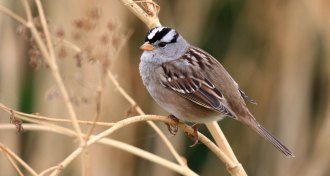 Animals
AnimalsSeeds coated in a common pesticide might affect birds’ migration
Eating small amounts of a neonicotinoid pesticide can disorient white-crowned sparrows.
-
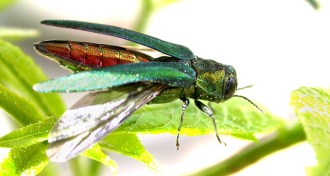 Plants
PlantsThe dietary habits of the emerald ash borer beetle are complicated
Tests answer some questions about the emerald ash borer’s hidden taste for olive and fringe trees.
By Susan Milius -
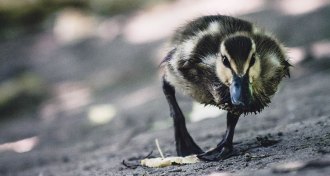 Animals
AnimalsEven a tiny oil spill spells bad news for birds
Just a small amount of crude can make birds less active.
-
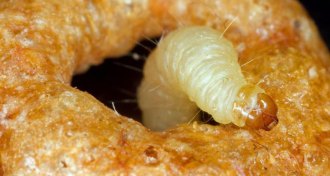 Animals
AnimalsThe key to breaking down plastic may be in caterpillars’ guts
Caterpillars that feast on plastic have different gut microbes than those that eat a grain-based diet.
-
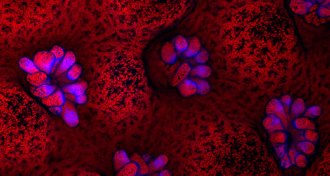 Animals
AnimalsFluorescence could help diagnose sick corals
Diseased corals fluoresce less than healthy corals, and a new analysis technique can help spot the reduced glow.
-
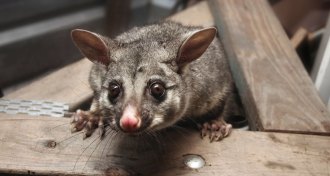 Genetics
GeneticsCurrent CRISPR gene drives are too strong for outdoor use, studies warn
Self-limiting genetic tools already in development may be able to get around concerns surrounding the use of gene drives.
By Susan Milius -
 Tech
Tech50 years ago, artificial limbs weren’t nearly as responsive
Artificial limbs have come a long way since 1967.
-
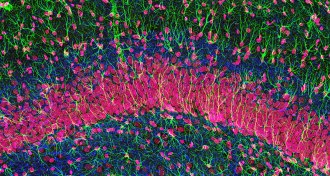 Neuroscience
NeuroscienceStudy casts doubt on whether adult brain’s memory-forming region makes new cells
An examination of 54 human brains suggests that adults don’t grow new neurons in the hippocampus, contrary to several widely accepted studies.